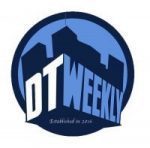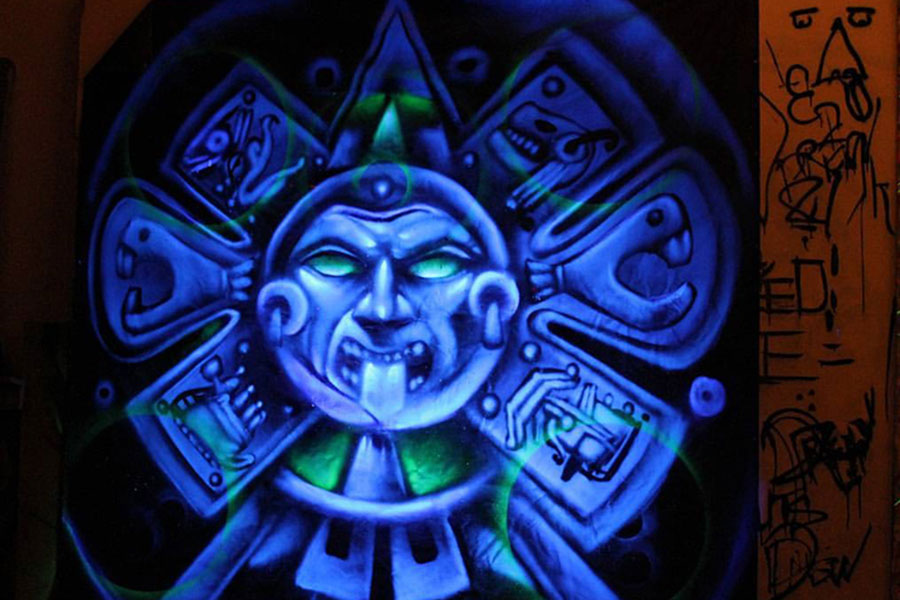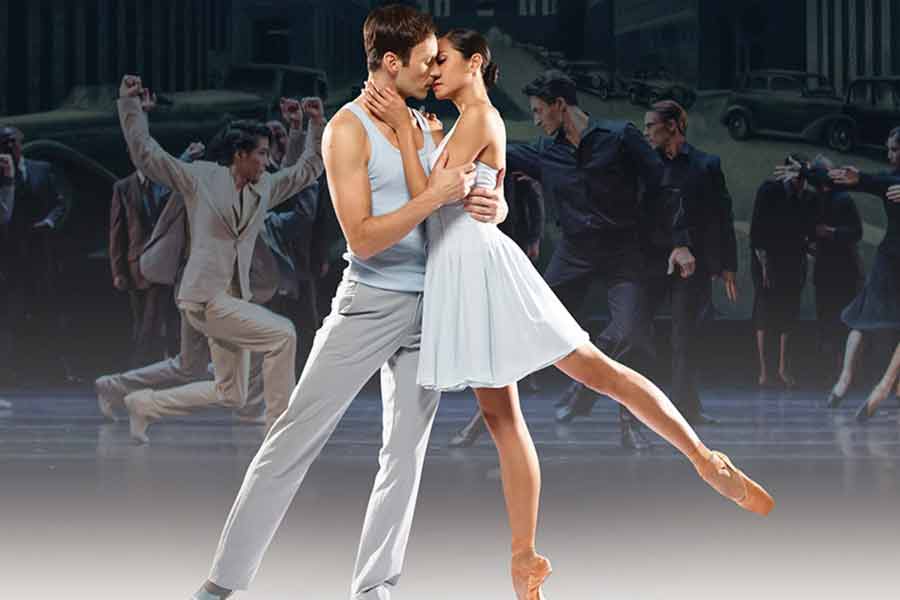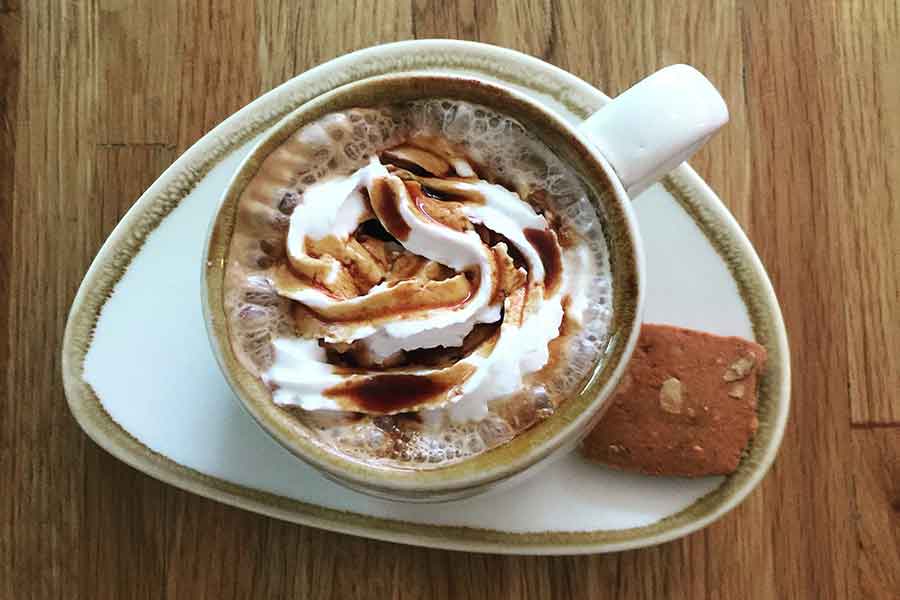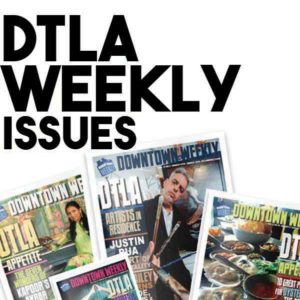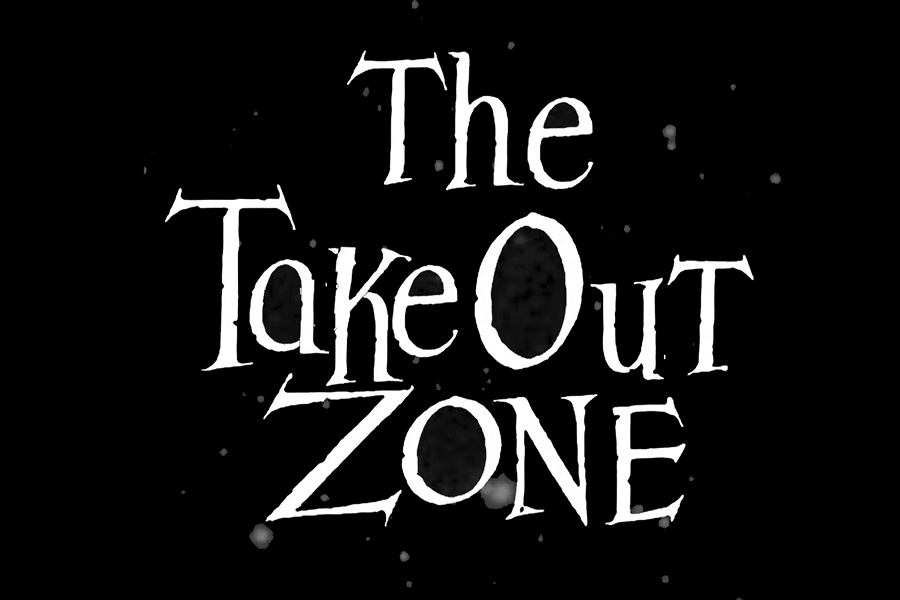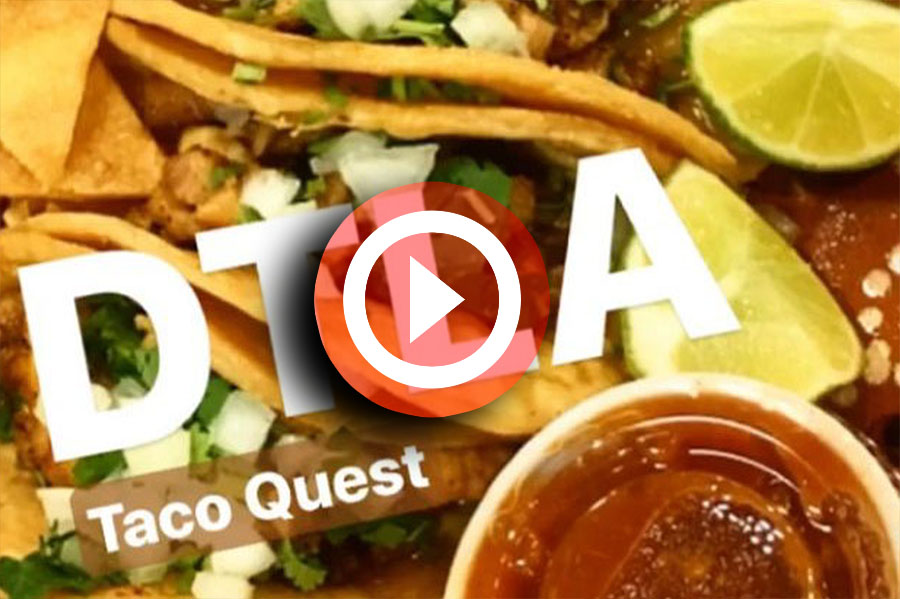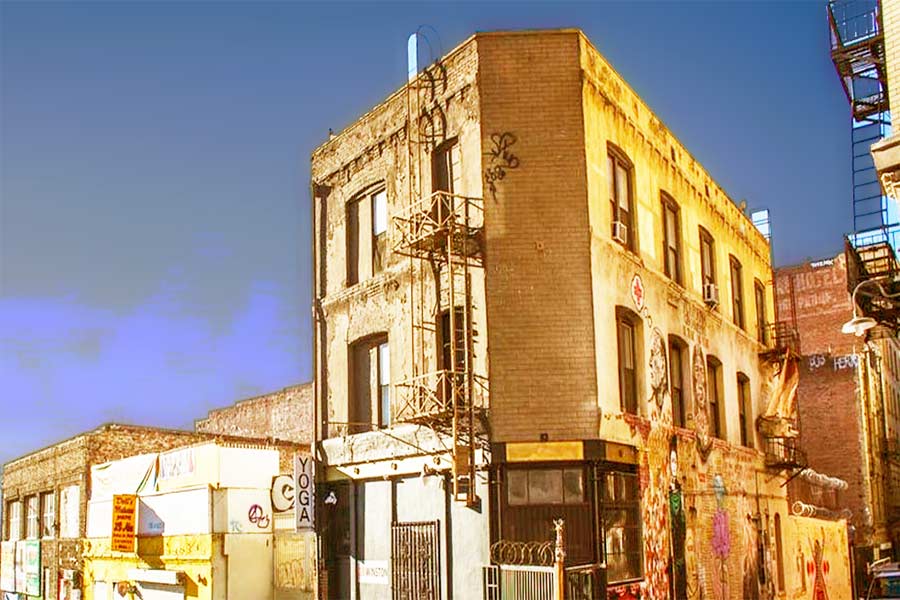
The Revelries…
United American Indian Involvement, Inc. (UAII) would love to cordially invite you to join them at two very exciting public events!
Friday, May 18, 2018, 7:00pm-10:00pm– These Days Art Gallery, Exhibit: The People’s Home, Winston Street 1974
UAII will be sharing never-before-seen, rare, original photographs in this exhibit titled, The People’s Home, Winston Street 1974.
The original photographs show the weaving together of lives and critical events of the UAII’s earliest beginnings on Winston Street, Skid Row, DTLA. This is a unique exhibit with an interactive experience component that shares the story of hope, community and resilience of America’s first and too often forgotten people
The exhibit unveiling will take place at art gallery, These Days, located at 118 Winston Street, 2nd Floor, DTLA.
You are invited and encourage to attend the exhibits opening ceremony, Friday, May 18, 7:00pm-10:00pm!
These original photographs have been restored through collaboration with UAII’s community partners. The UAII would like to extend a very special thank you to Occidental College, the UCLA American Indian Studies Center, the Native American and Indigenous Studies Association, and These Days for collaborating with UAII to tell the story of the American Indian/Alaskan Native in Los Angeles.
Saturday, May 19, 2018, 7:00pm-10:00pm – Intercontinental Hotel DTLA, To Native Beauty: Indigenous Music, Dance, and Poetry
UAII is also hosting a showcase of the very best of local Native Americans living in Los Angeles. This is an important, semi-formal event to benefit the United American Indian Involvement, Inc (UAII). UAII is the largest provider of human and health services to American Indians and Alaskan Natives living in Los Angeles.
Showcase includes musical performances by: Tracy Lee Nelson, Raye Zaragosa, Suzanne Kite, Miracle Dolls, and Carolina Hoyos. UAII is excited to invite you to meet and mingle with old and new friends over live entertainment, cocktails, hors d’oeuvres, a silent auction, and much more in store!
This event will showcase some of LA’s greatest talents while inviting you to participate in traditional ceremonial/celebratory practices. A must attend, rare opportunity to immerse yourself in culture.
United American Indian Involvement, Inc.
In 1974, Forty-three years ago, a couple of enlightened American Indian women, Baba Cooper from the Lakota tribe and Marian Zucco of the Pauite tribe were witnesses to the extreme poverty and activists for their people on Skid Row. The underserved spoke so profoundly to their hearts and souls that they were empowered to single-handedly explore solutions to help their brothers and sisters in Downtown LA.
The women became pillars in the community by filling the immense need they saw in the American Indian and Alaskan Native population of Los Angeles. Just like that, the United American Indian Involvement (UAII) was born, an organization opened on Skid Row, Downtown LA on Winston Street. There the people had an address, a place to sleep, shower, and most importantly, a place where they were welcomed with an open heart and feel at “home”.
Unbeknown to most, the City of Los Angeles is presently home to the second largest percentage of Native Americans/Alaskan Natives. Again, most of LA’s inhabitants know little about, if anything, of the stories of the people stemming from over 200 tribes who tread this land. Since long before a need for the UAII, before the erection of buildings, skyscrapers, concrete sidewalks and tar roads that lay over Los Angeles they were here. Civilizations were here, made up of tribal peoples, and their descendants remain.
Sadly, however, the most impoverished population of American Indians can be found in and around Los Angeles. Growing up in Los Angeles witness to this reality is what inspired UAII’s present-day Development Director, Joseph Quintana, to aspire into a leadership role where he could empower Los Angeles’ aboriginal people and help them through serving their needs and helping them find healing.
The Need
Not surprisingly, the unfortunate truth is that many problems, including extreme poverty, substance abuse and “homelessness” began for the aboriginal people of this sacred land, now coined “Los Angeles”, at its colonization. Adding insult to injury, disrespect as a standard practice when dealing with aborigines was turned into an almost unnoticed norm. Sacred burial grounds were lost to the erection of buildings and covered by streets, old buildings once used as black market brothels for aborigine women to be exploited have been transformed into “respectable buildings” so that you may unknowingly enter in dealings with government matters, just to name a couple. All of these things have an impact on our subconscious and conscious selves and, unfortunately, that of the children and youth.
It is a curious culture, this modern-day way of living. Programming is real and its effects on the masses have been “successful” to a major extent in erasing aborigine stories, names, languages, knowledge of self, greatness, accomplishments, etc. There is and has been an information “war” on the people for hundreds of years. The story of present day American Indians and Alaskan Natives is often misrepresented, forgotten and rarely shared. Nevertheless, all efforts to belittle and erase the stories have failed, it is time to pull back the curtains and expose the most important part of the story which has simply been forgotten…
Recondite Story
Through all adversities and attempts against, the culture has remained alive. Culture is a powerful, spiritually connecting mechanism deep rooted in existence itself, it is very much alive in everyone. We live day to day with a mission to fulfill our destiny as guided by our ancestors present and past, and the signs they left behind that we may never forget who we came from. The hope is that we can awaken in present day to realize who we are, who we were, what we are capable of and who we are truly meant to be.
The story is of courageous, brave, strong, resilient, cultural, and hopeful communities of American Indians/Alaskan Natives who are the original people who still live here through their lineage. The story is that descendants of the people who have survived systematically executed genocide attempts have come out of it stronger despite misrepresentations. They are still here and still fighting to be free of the effects of this planned chaos.
“You gotta keep pushing!”, is what Joseph Quintana, Development Director of the UAII, remembers his elders/grandparents instilling in him. Not unlike many of us, Joseph was being guided by his elders to use his many gifts and talents for the betterment of his people. That is the journey he is on today with the UAII, he has returned to LA, the place he calls home to help by asking those who displacement has had the greatest impact on, “How can UAII help?”
This is a much different approach from telling someone what you are willing to do for them. Often with little, to no regard, for the desires and needs of those in a moment of misfortune and/or those have lived experiences only they know. This is why the UAII is now the largest provider of human and health services to American Indians/Alaskan Natives living in Los Angeles. The UAII is an organization started by Native Americans, for Native Americans and still operated by Native Americans for Native Americans.
The Services
The UAII offers established services such as an all American Indian/Alaskan Native staffed clinic. Combining the best of allopathic medicine and native traditional medicine to treat body, heart and soul and culturally sensitive health care services. For over 40 years they have been providing holistic medicine that will heal the whole person, long term and not look for an easy fix to complex issues.
Community members feel safe in the doors of the UAII knowing that their cultural beliefs matter and are more likely to share other health needs or wellness concerns which could be obstacles to healing/treatment with non-Native facilities. Additionally, they offer public health programs, mental health programs, and substance abuse programs.
Through their youth programs they have maintained a high school and they make great investments in their youth encouraging them to strive for leadership roles, increase their confidence, and aim for success. Seniors/Elders are made to know they matter and their guidance is needed for future generations because of knowledge acquired and life experiences.
UAII empower the people to take control of their own wellbeing and health to improve quality of life for self and that of future generations. They offer teaching in traditional practices as well, for example the art of sage picking for healing purposes, being a great opportunity to learn more about and keep the culture alive for LA’s original people.
Get Involved
Visibility within the community is a challenge the UAII is meeting. Although located near all public forms of transportation, through gentrification, the population of displaced, underserved and/or impoverished American Indians/Alaskan Natives are being pushed farther and farther away from the UAII’s resources.
Many of the people that the UAII could be helping are almost out of reach. Few things are more tragic than available resources not being utilized by those who need and could benefit from them. UAII is working to establish satellite sites in order to breach that obstacle and reach larger populations across LA county. In addition, they are building strong community partnerships that will refer and encourage clients to visit the UAII.
If you would like to make a contribution to support the American Indian community in Los Angeles County please donate online through www.uaii.org. Or get in touch with the UAII if you are interested in forming a community partnership to refer your clients to the center.
Building a community takes work, dedication, understanding, and humility. The American Indian has been resilient to get to this point. They need positive momentum to continue to move forward through advocacy and the exchange of knowledge. Increased media attention is needed to share the wonderful work the UAII does with the masses. There is much needed advocating on the UAII’s behalf politically to see change. Let us use what the Native Americans believe to be our greatest gift, OUR VOICE, so collectively we can provide a great voice for the voiceless. Let us bring about the improvement of conditions for the American Indian/Alaskan Natives living in Los Angeles in the present and for the future.
